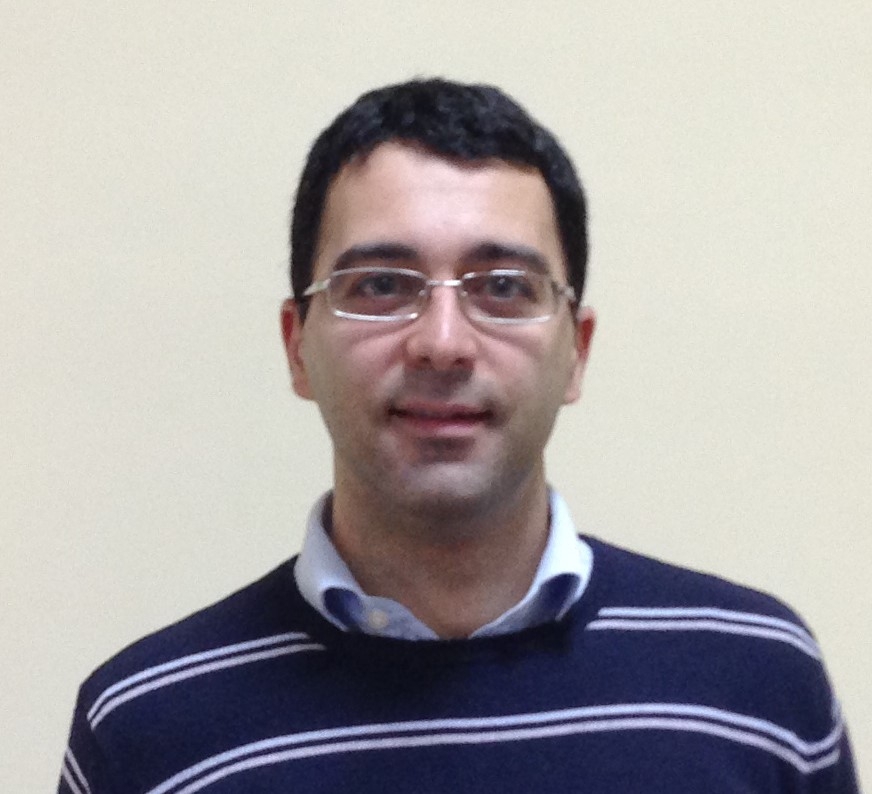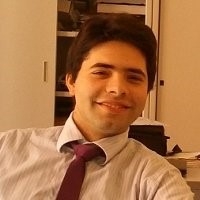Abstract
The tutorial will present the issues related to the design and the characterization of a measurement system based on a drone, with particular attention to the procedure to determine the influence of the platform on the measurement accuracy.
Unmanned Aerial Vehicles (UAVs) are becoming popular as carrier for several sensors and measurement systems, due to their low weight, small size, low cost and easy handling, which make them flexible and suitable in many measurement applications, mainly when the quantity to be measured is spread over a wide area or it lies in human-hostile environments.
However, the drone itself can interact with both the measurand and the sensors, thus influencing the measurement results. For this reason, the drone equipped with the sensors must be thought as a measurement platform and must be characterized as a whole.
The tutorial will introduce the architecture of the drone, by highlighting its subsystems and the parameters that can influence the on-board sensors and measurement systems.
Then, an overview of the sensors and measurement systems that can be embedded on the drone will be given, by presenting their operating principle and applications.
Finally, some measurement applications will be described. For such applications, the measurement chain is analyzed and the influence of the flight parameters is taken into account to assess the measurement uncertainty.
Presenter Bios
Luca De Vito
Department of Engineering, University of Sannio - Italy

Luca De Vito (M’10–SM’12) received the master’s (cum laude) degree in software engineering and the Ph.D. degree in information engineering from the University of Sannio, Benevento, Italy, in 2001 and 2005, respectively. His master’s thesis was on automatic classification and characterization of digitally modulated signals. He joined the Laboratory of Signal Processing and Measurement Information, University of Sannio, where he was involved in research activities. In 2008, he joined the Department of Engineering, University of Sannio, as an Assistant Professor in electric and electronic measurement. In 2013, he received the National Academic Qualification as an Associate Professor. Since 2015, he is a Visiting Scientist at CERN, Geneva, Switzerland, collaborating with the magnetic measurement and the control engineering sections. He is member of the IEEE since 2010, he is member of the IEEE Instrumentation and Measurement Society, of the IEEE Aerospace and Electronic System Society, and of the IEEE Standards Association. He is Senior Member of the IEEE since 2012. He member of the AFCEA and is Young President of the AFCEA Naples Charter.
He published more than 90 papers on international journals and conference proceedings, mainly dealing with measurements for the telecommunications, data converter testing and biomedical instrumentation.
Francesco Picariello
Department of Engineering, University of Sannio - Italy

Francesco Picariello received the B.Sc. ('09) and M.Sc. ('12) (cum laude) degree in electronic engineering, from the University of Salerno, Faculty of Engineering. He received the Ph.D. degree in Information Engineering from University of Sannio, Benevento, Italy in 2016. He is currently working toward the Department of Engineering from University of Sannio, Laboratory L.E.S.I.M. where he is a Postdoctoral researcher in field of electrical and electronic measurements. His research interests include electrical and electronic circuit and system modeling, applied electronics, embedded measurement system, microelectronics, power electronics, wireless sensor networks and road safety. Francesco Picariello published about 20 papers in international journals and in national and international conference proceedings on the following subjects: embedded systems, intelligent sensors, wireless sensor networks, distributed measurement systems, mobile devices, power consumption analysis for workstation computers, augmented reality, mechanical measurement at cryogenic temperatures and aerial photogrammetry. He has two patents pending, at national level in Italy, in field of augmented reality and mobile learning systems.


